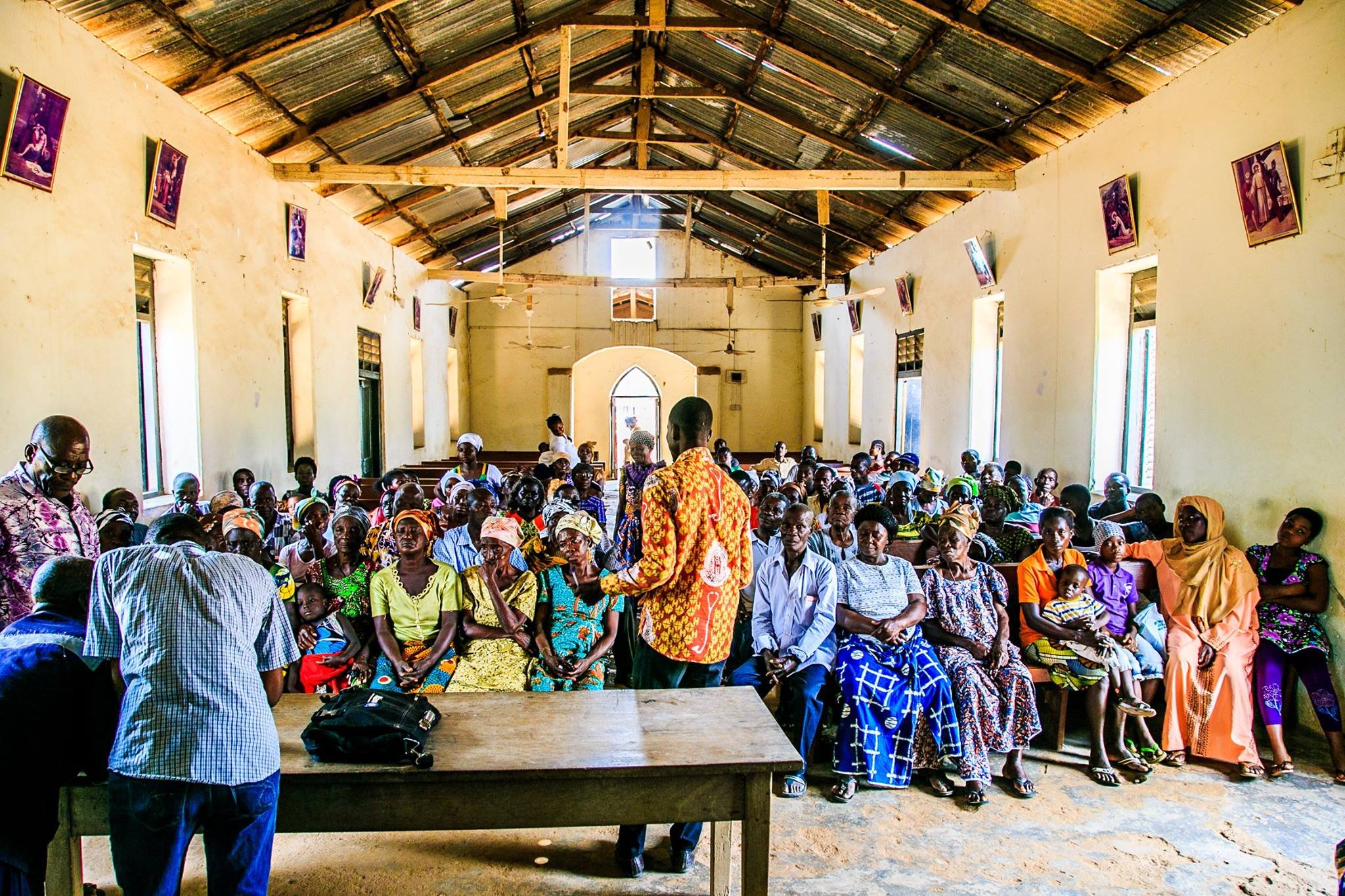
What You Do
Unite For Sight is an esteemed global health delivery organization. In partnership with our local partner eye clinics, Unite For Sight applies public health strategies to provide eye care to patients who are otherwise unable to access or afford care. All of the programs are locally led and managed by local eye doctors, and the patients receive high-quality care delivered year-round.
Volunteers participate in all aspects of the healthcare delivery by supporting and assisting the local doctors in the outreaches and at the clinic. Volunteers have an immersive, transformative global health volunteer abroad experience.
-
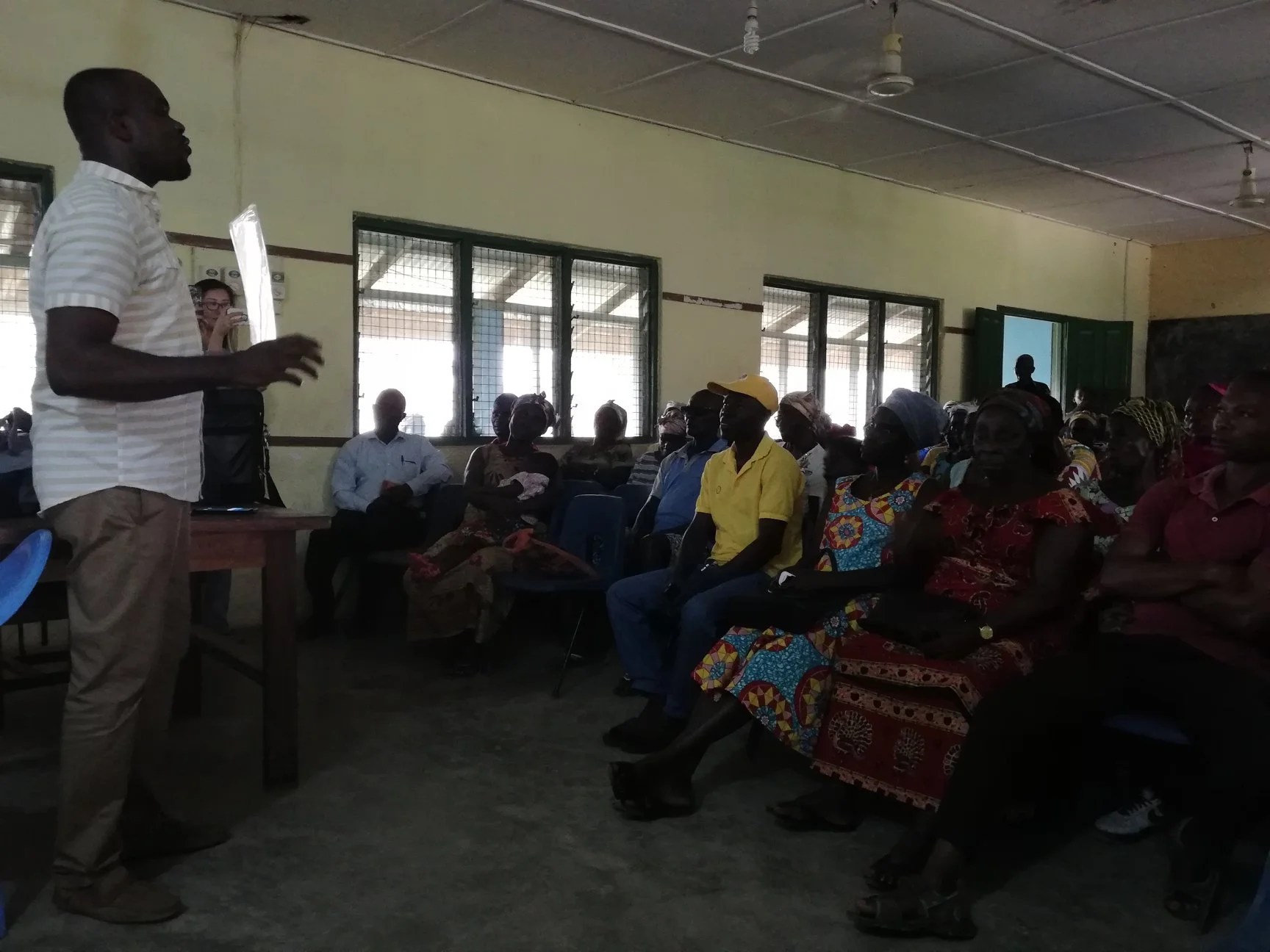
Local Social Mobilization
On a daily basis, local community eye health workers focus on social marketing, social mobilization, and health education within their region to recruit patients to receive eye care when the outreach team arrives each month.
-
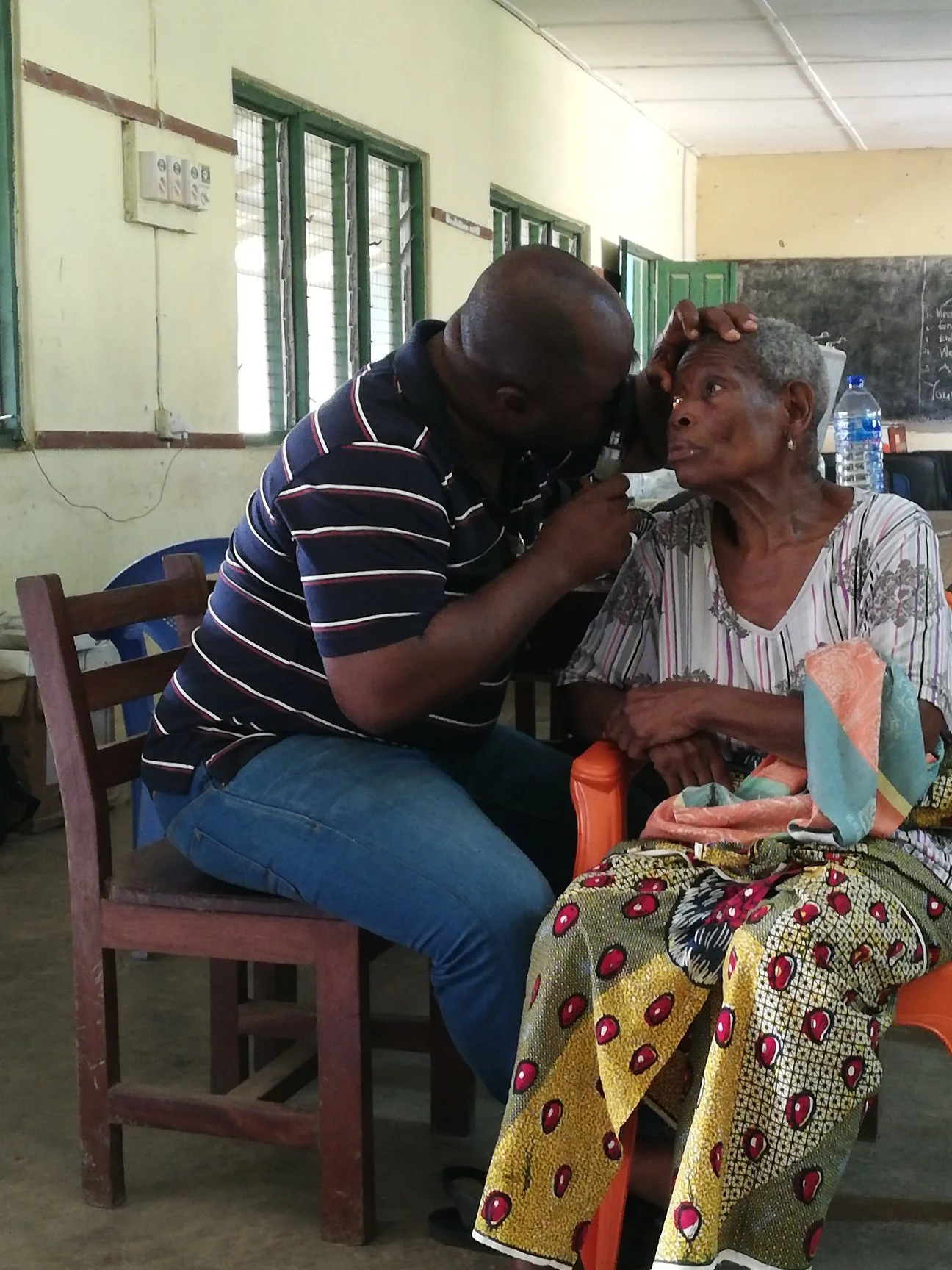
We Make Care Accessible
Most of the outreaches bring care to remote, rural villages. Care is also brought to other underserved locations, such as slums. The patients do not otherwise have access to quality care.
-
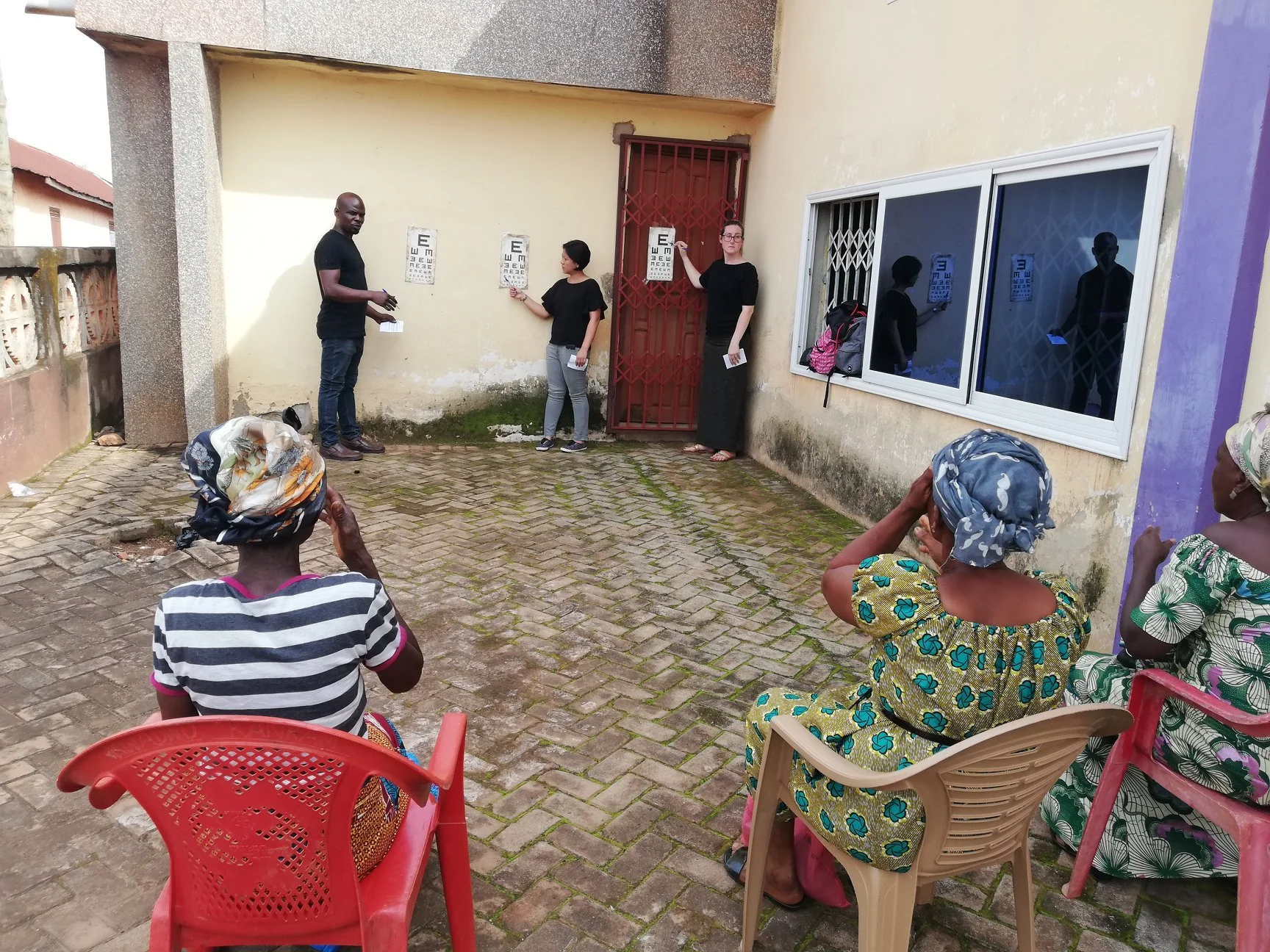
Care Is Brought To Villages
The partner eye clinics' ophthalmic nurses, optometrists, and Unite For Sight volunteers travel each day to villages located 1-8 hours from the eye clinics. The teams revisit each village on a monthly basis.
-
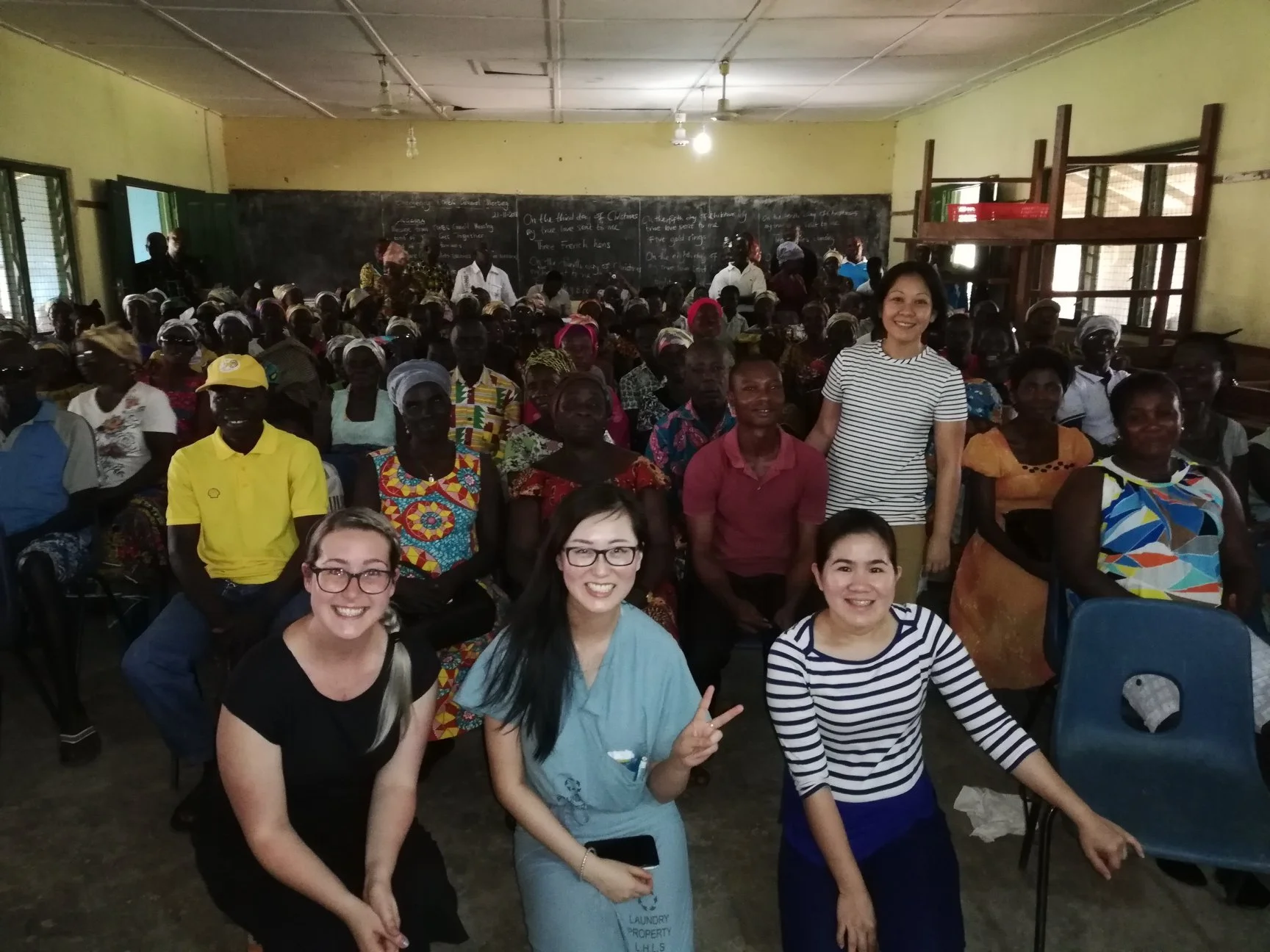
Outreach Team Arrives
The outreach team consists of the local eye doctors and Unite For Sight volunteers. They provide eye care during the day, return to their base location, and then provide eye care in a different location on the following day.
-
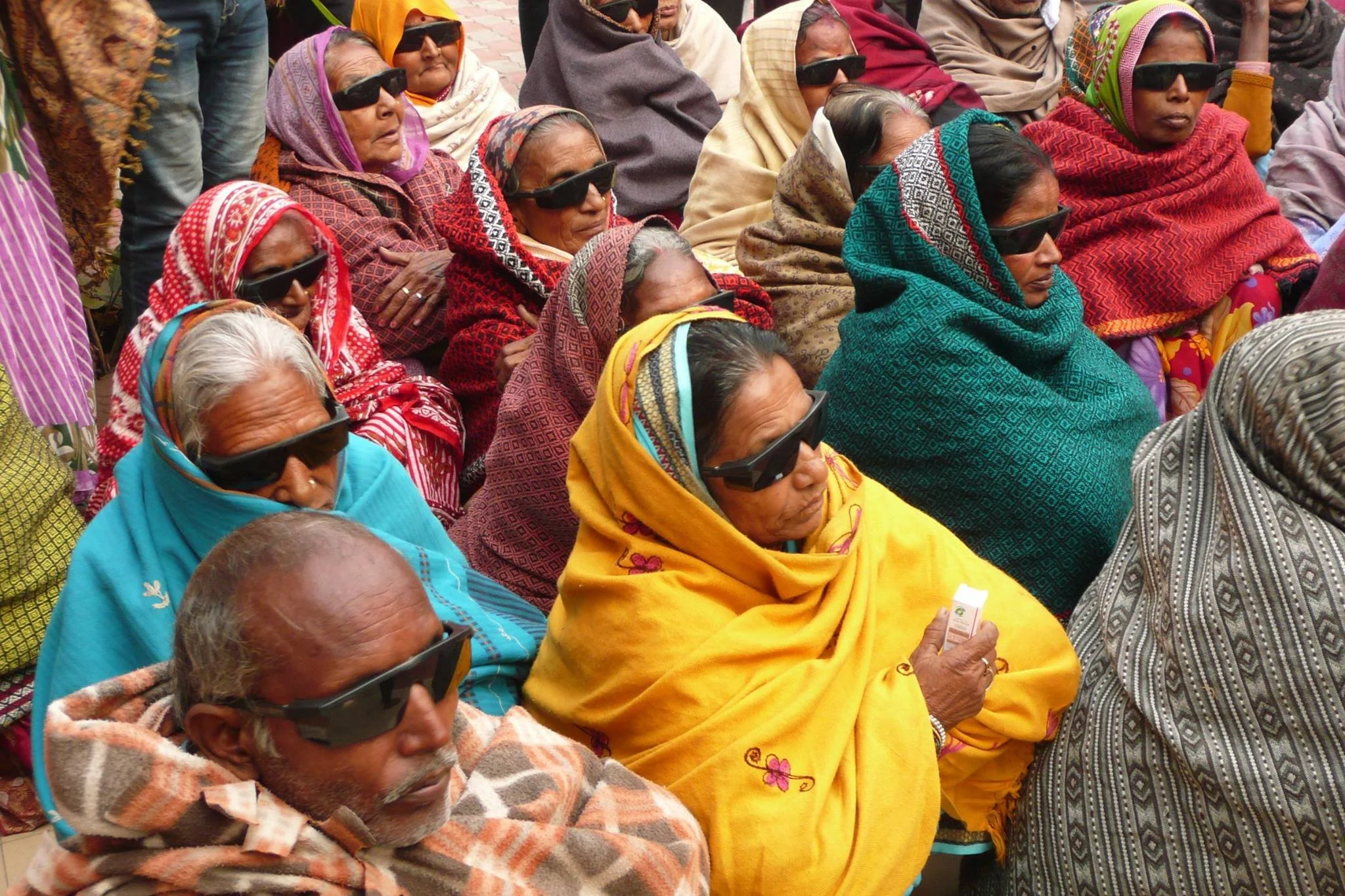
100-300 Patients Arrive
The outreach team usually provides 100-300 patients with care each day.
-
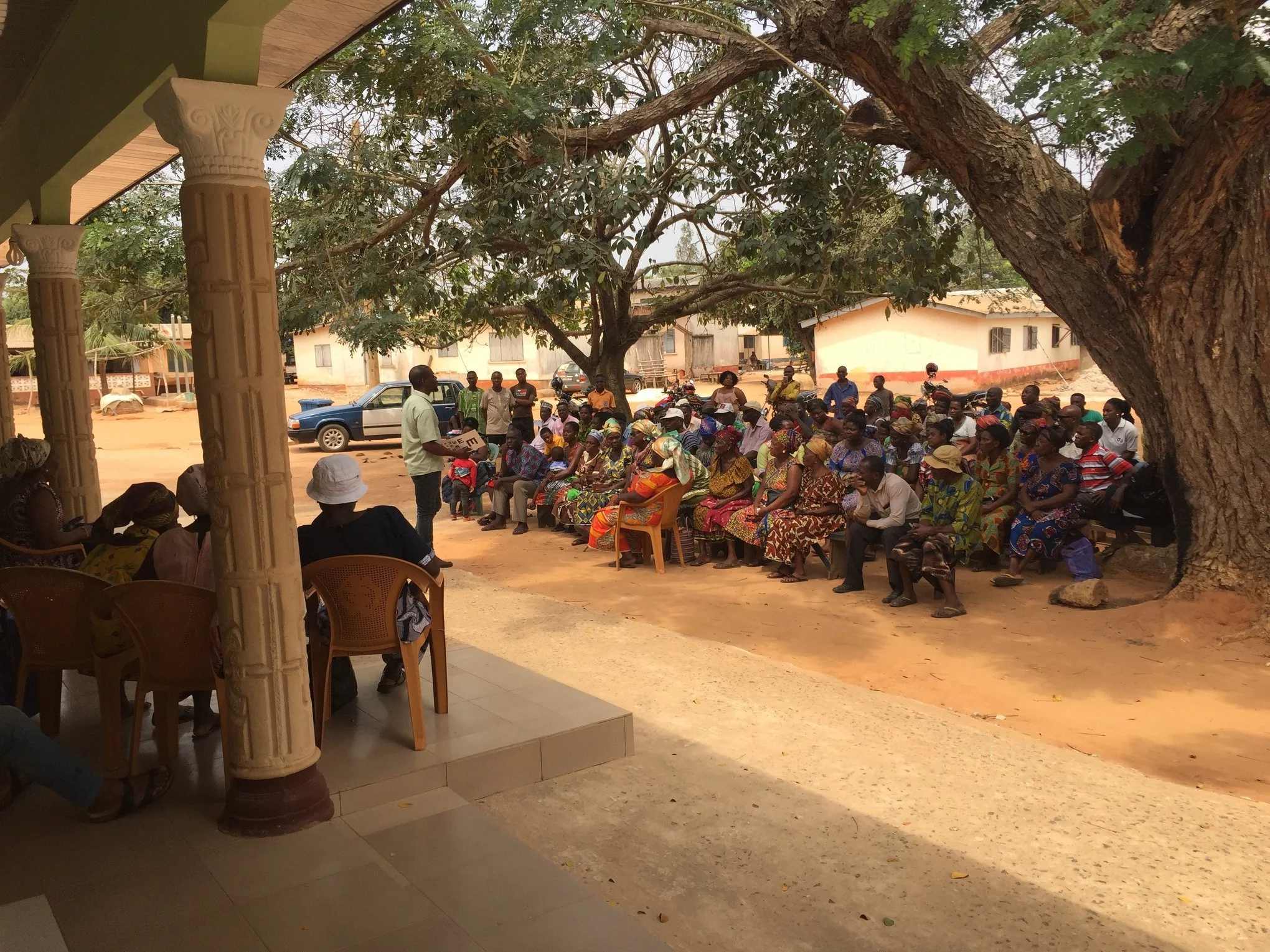
Health Education
The local eye doctors teach the patients about eye health and common eye diseases, and they correct misconceptions about eye care. For example, many patients attempt to remedy eye infections by putting urine or breastmilk in the eye, and the local eye doctors discuss the harm that this can cause.
-
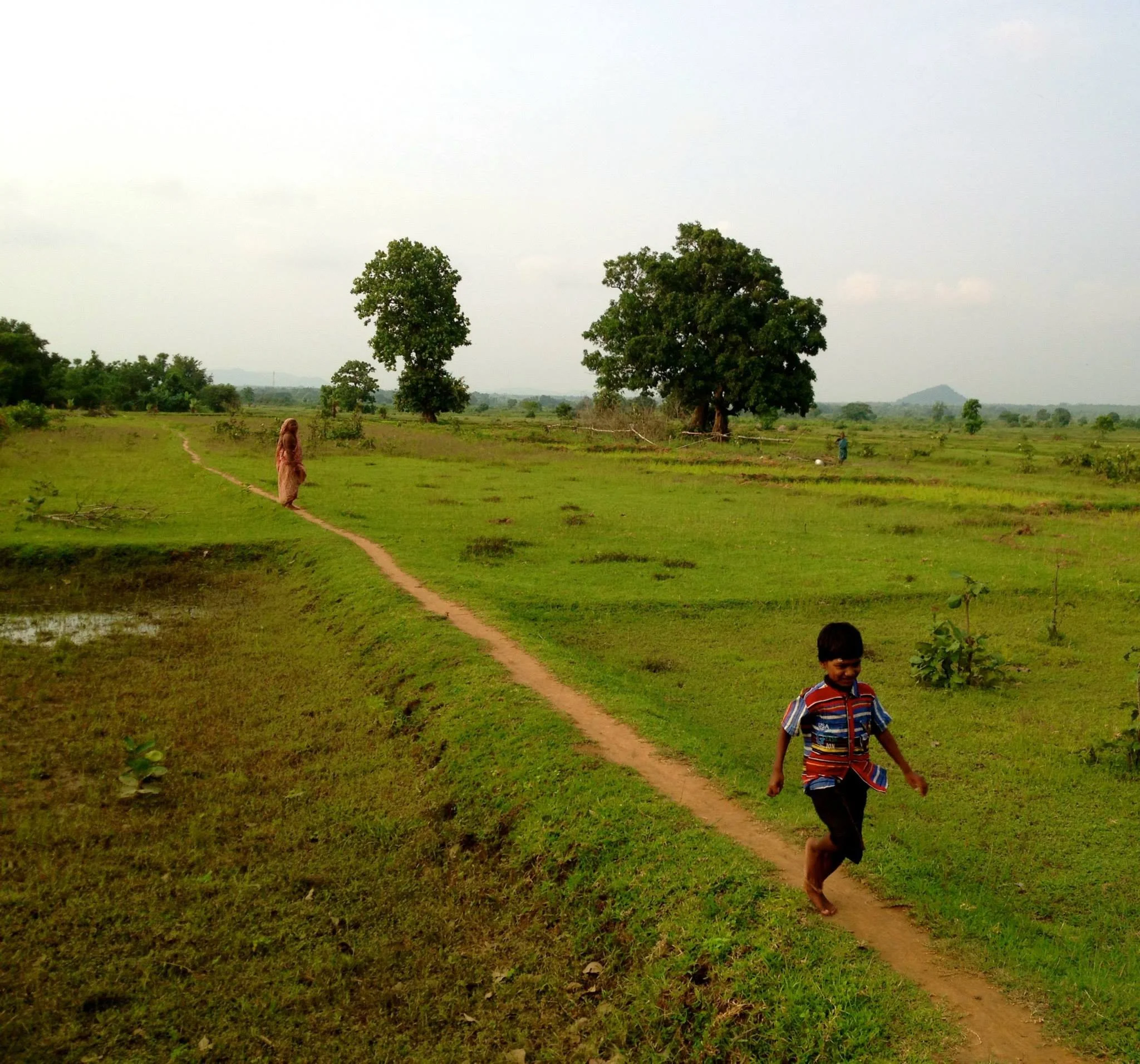
Patient Intake
Patient intake and registration are completed by Unite For Sight volunteers and by local community volunteers. All patients receive an intake card, which they carry with them to each station at the outreach.
-

Visual Acuity Testing
Next, visual acuity is tested and recorded by a Unite For Sight volunteer or a local community volunteer.
-

Research Studies
We frequently have Unite For Sight volunteers who implement important research studies through our Global Impact Lab program. The research results are utilized to further eliminate barriers to care for patients living in extreme poverty.
-
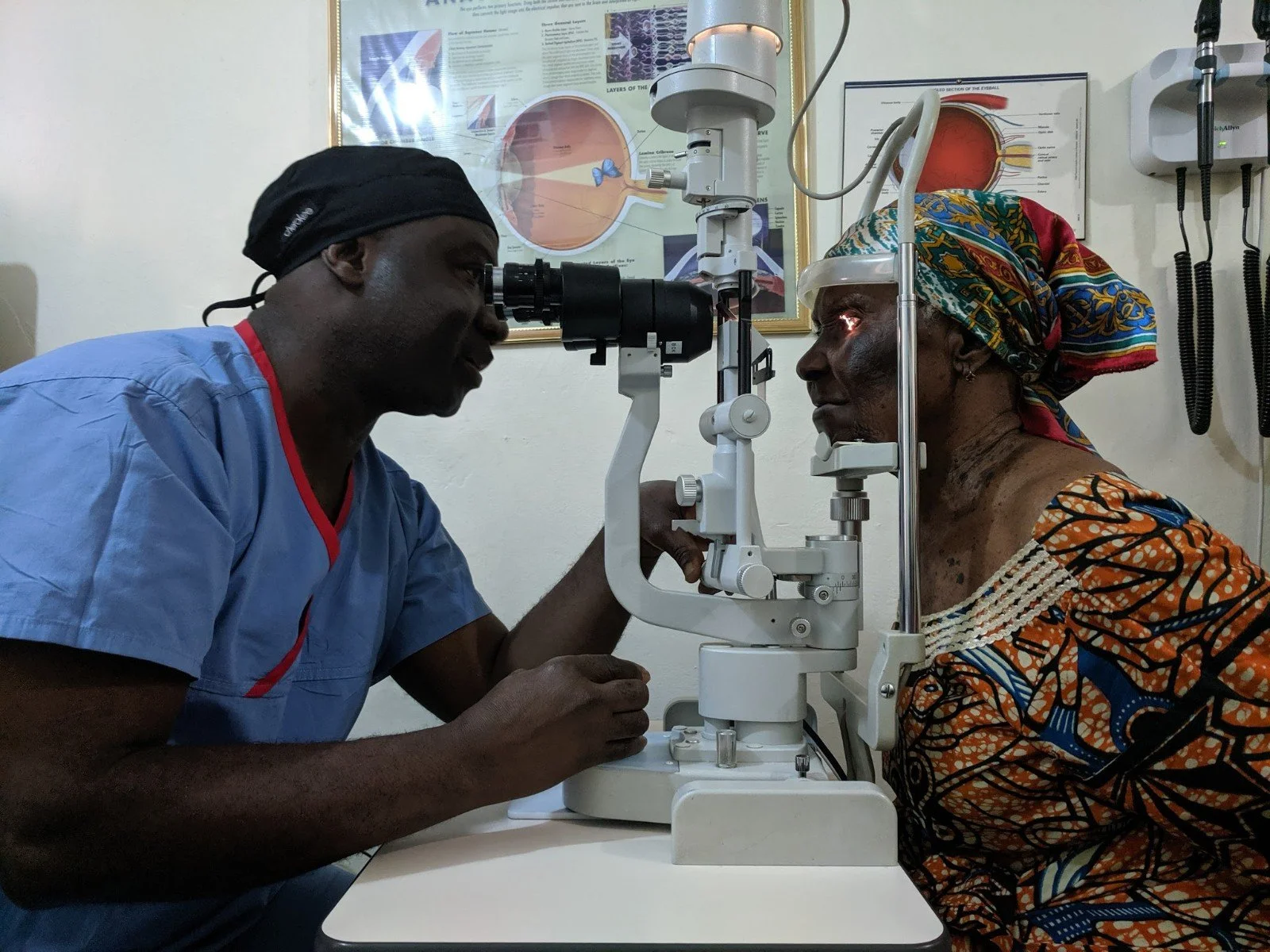
Care By Local Doctors
Exams, diagnosis, and treatment are provided by the local eye doctors. Unite For Sight volunteers have the opportunity to sit with and learn from the local doctors. Visiting optometrist and ophthalmologist volunteers may also examine and diagnose the patients alongside the local eye doctors.
-
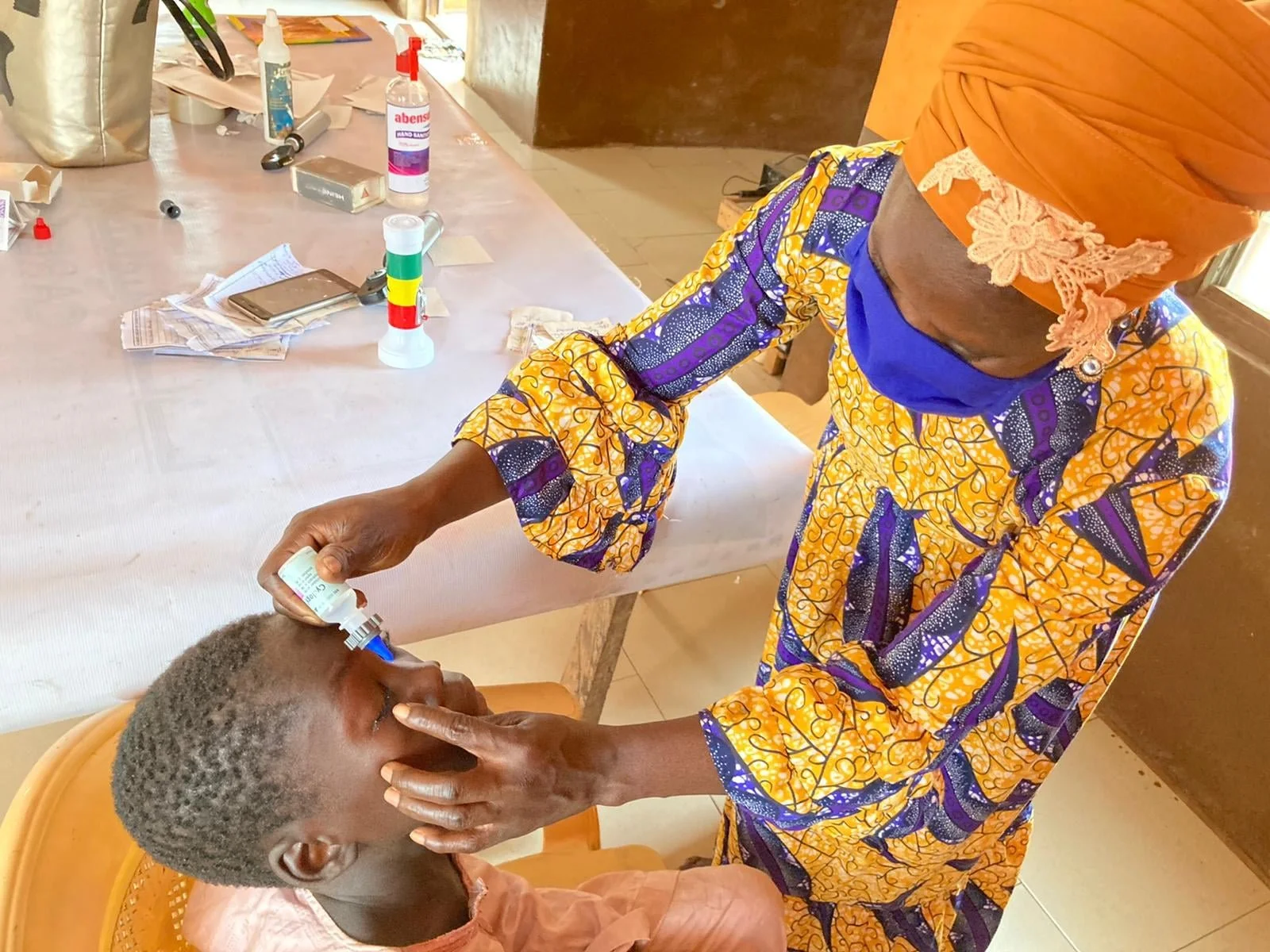
Eyeglasses and Medication
In Ghana, approximately 17% of outreach patients have presbyopia and need reading glasses, while approximately 9% have refractive error and need prescription glasses. Those with refractive error receive new prescription glasses. Approximately 7% of outreach patients have conjunctivitis or other eye infections, and they receive eye medication. Unite For Sight volunteers assist with dispensing the glasses and medication.
-
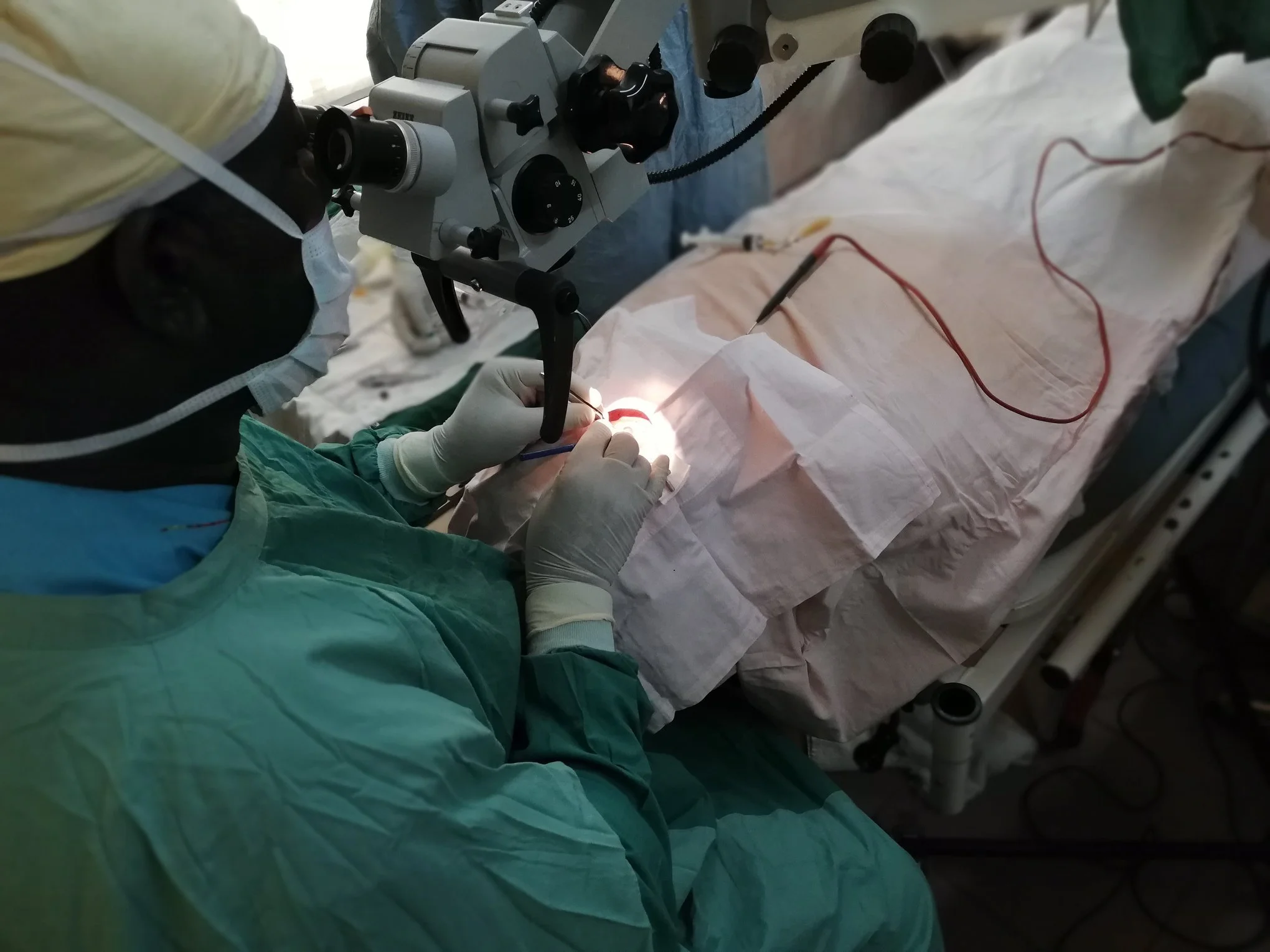
Blinding Eye Conditions
More than 25% of the Ghana outreach patients have cataracts, and many are bilaterally blind.
-
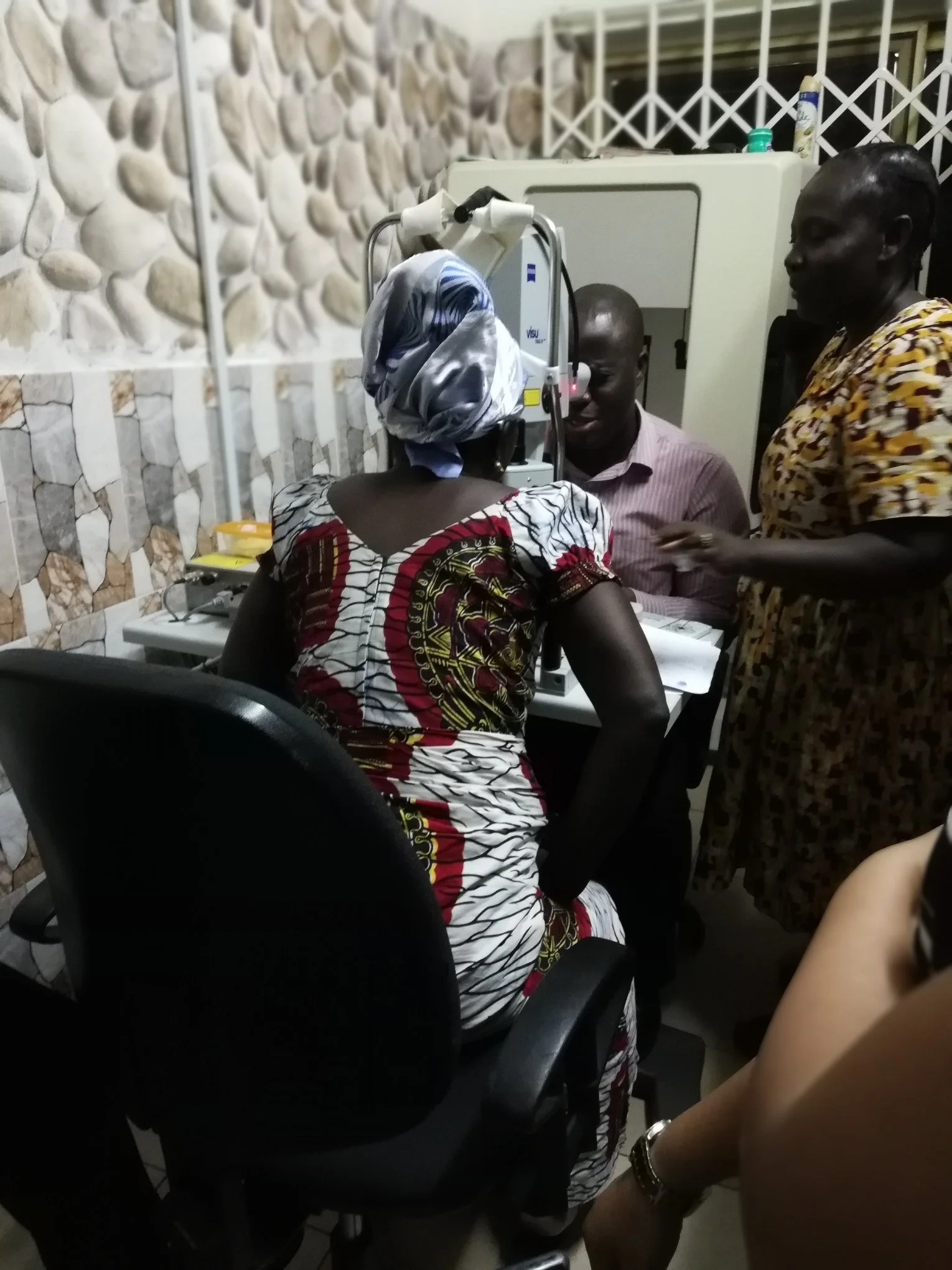
Advanced Care
Any patient requiring advanced care, such as cataract surgery, is transported to the eye clinic (1-8 hours from their village), where the local ophthalmologist provides care.
-

Operating Room
The local ophthalmic staff assists the local ophthalmologist. Unite For Sight volunteers have the opportunity to observe surgeries. Visiting ophthalmologist volunteers may also work with the local ophthalmologist to provide surgery.
-
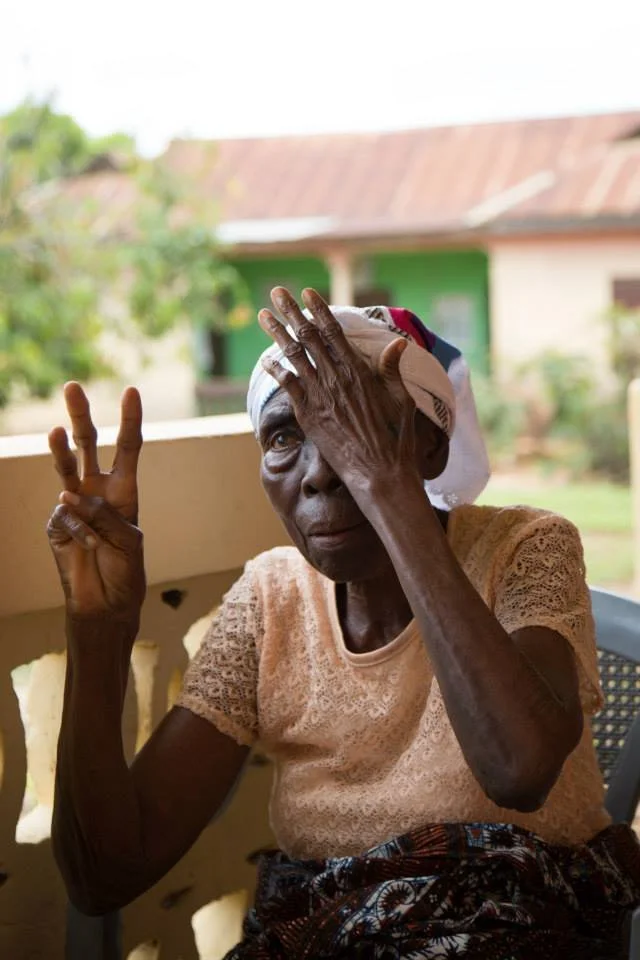
Sight-Restoring Surgeries
After cataract surgery, the patients regain their sight and return to their villages. The patients receive postoperative care when the outreach team revisits the village one month later.